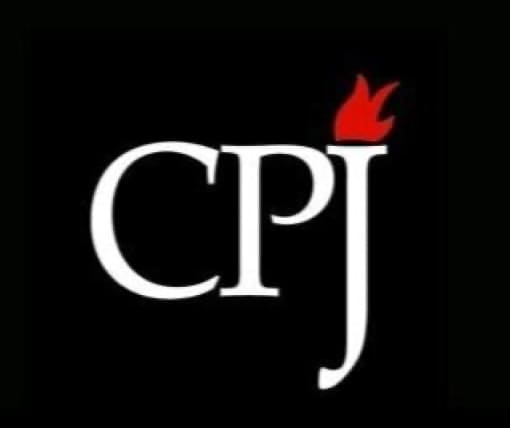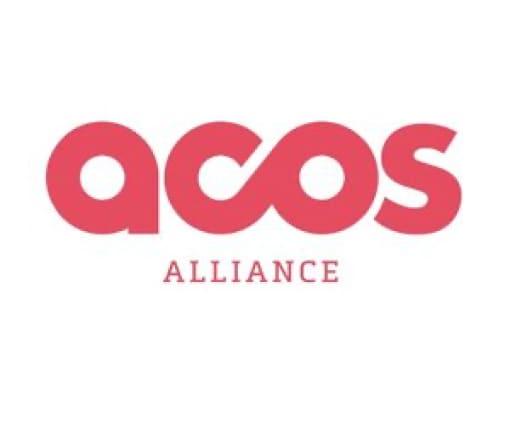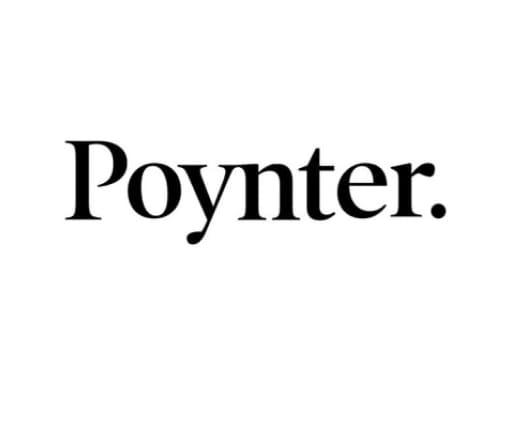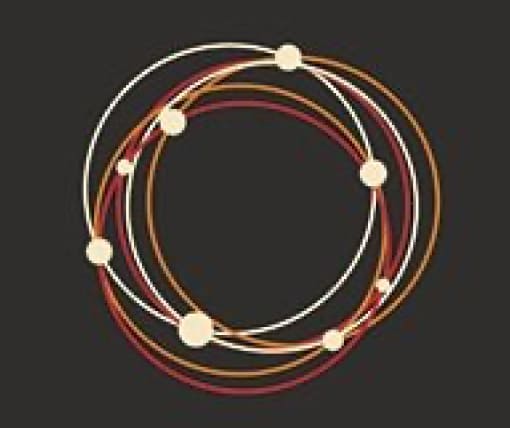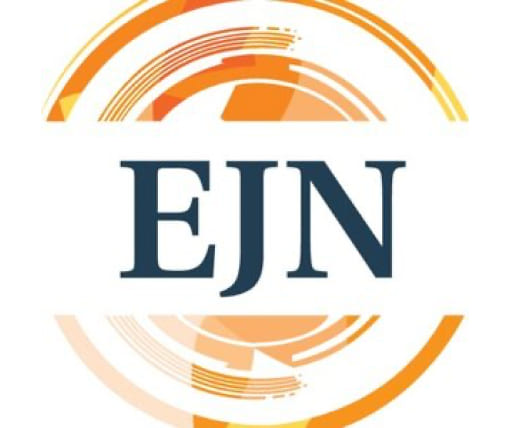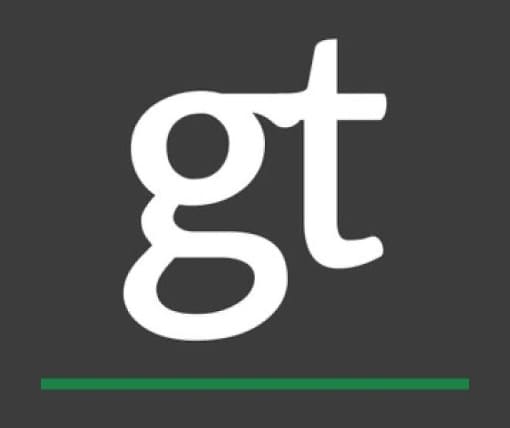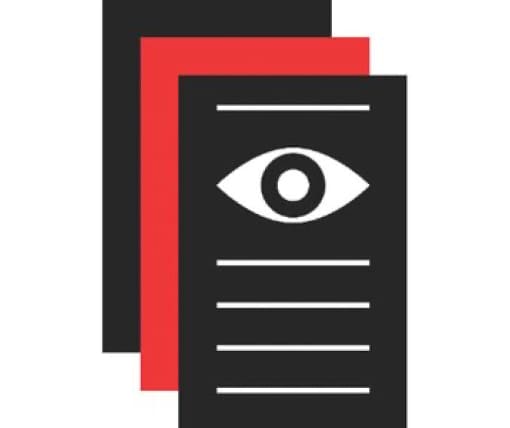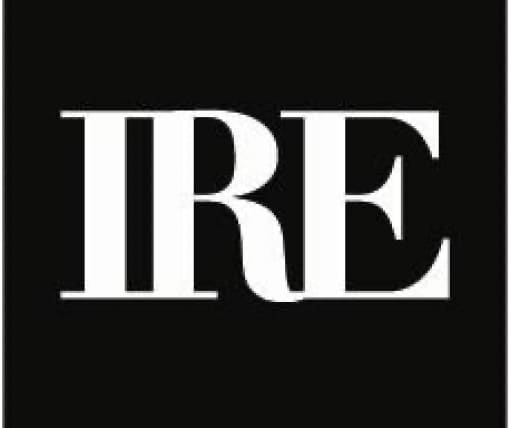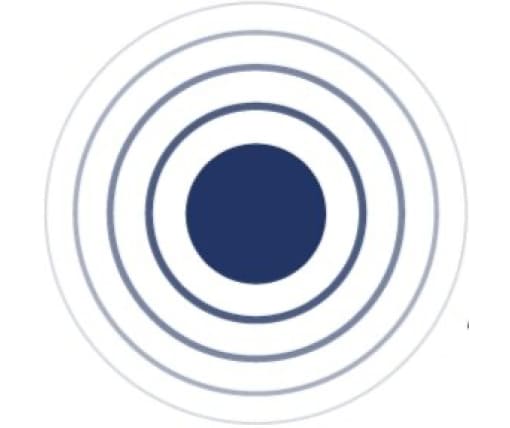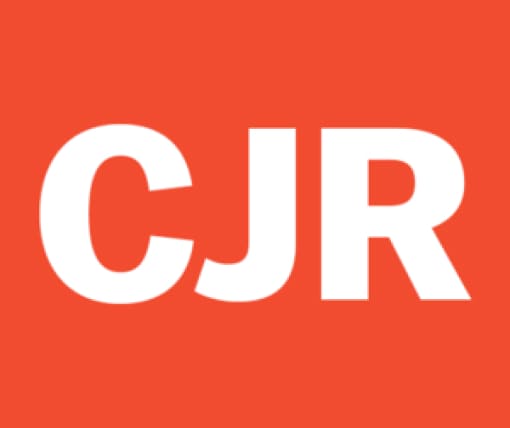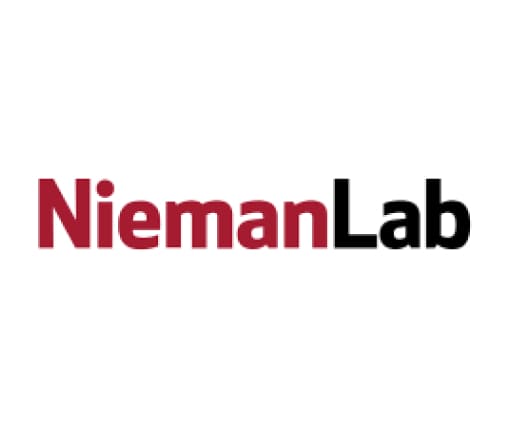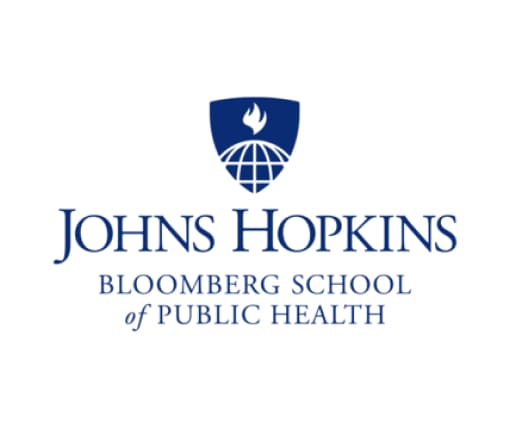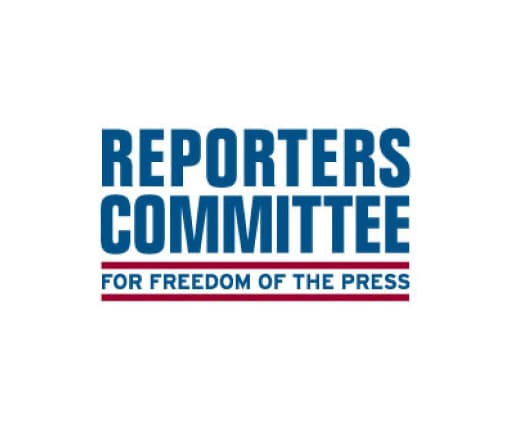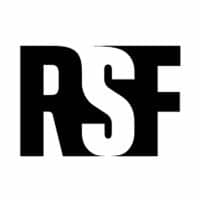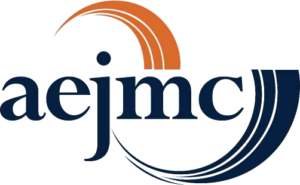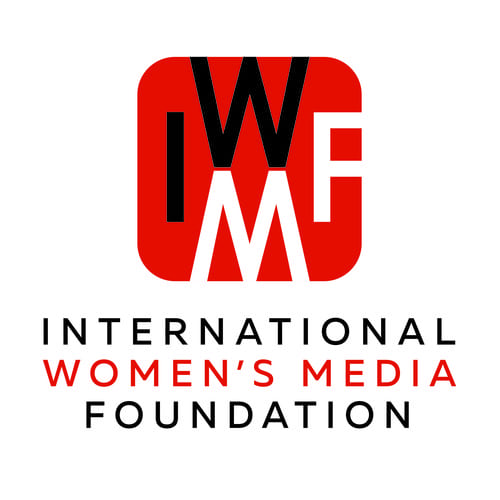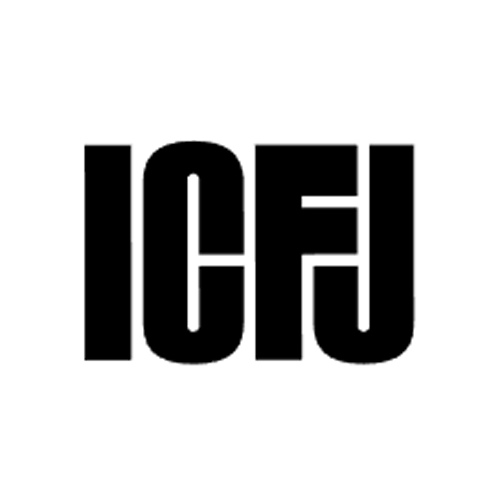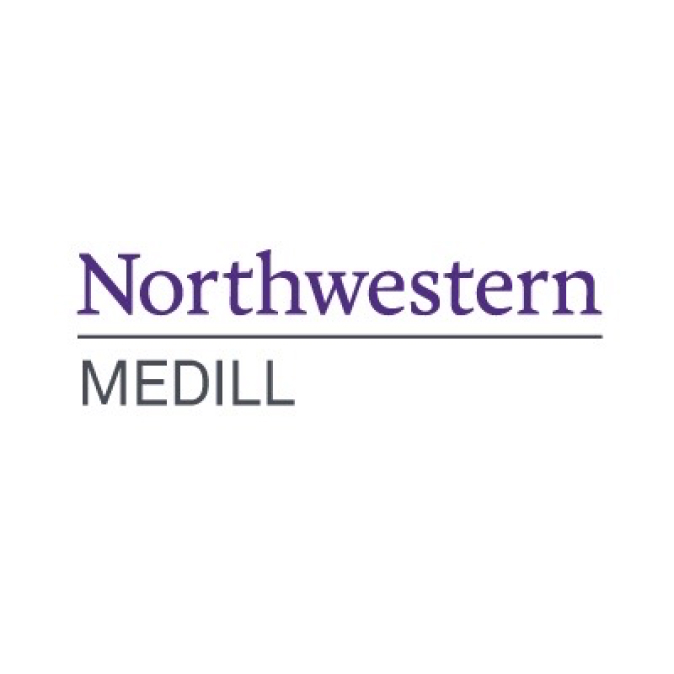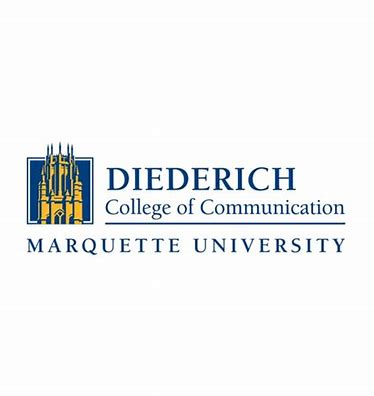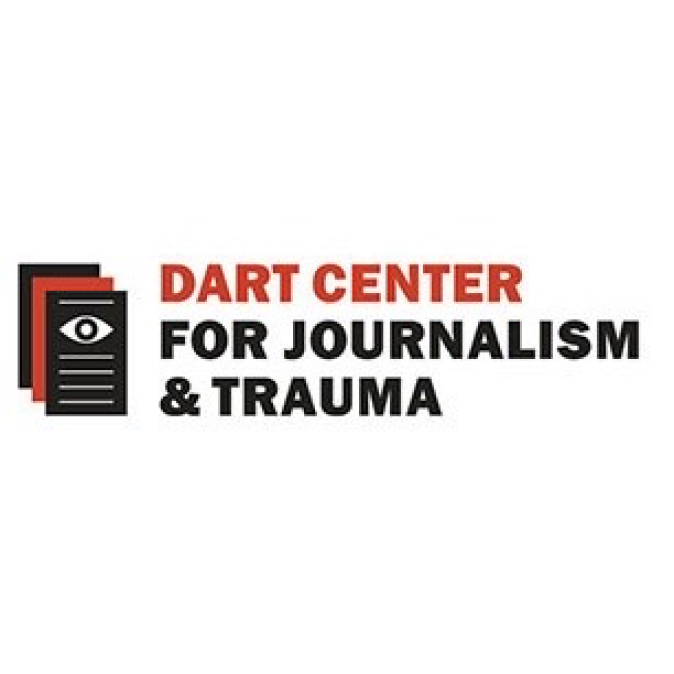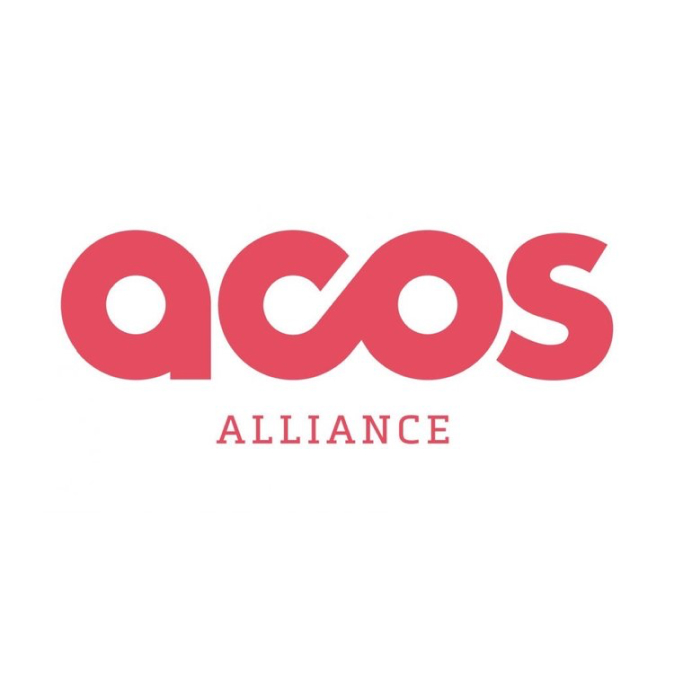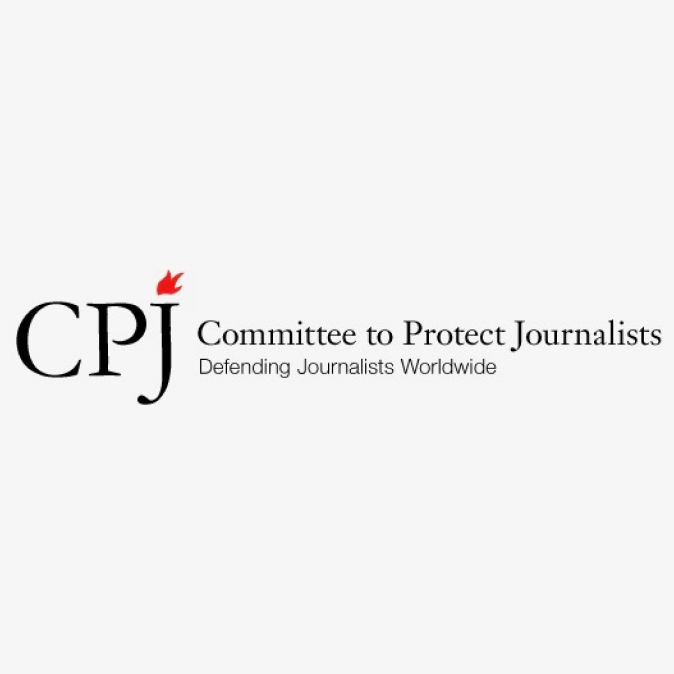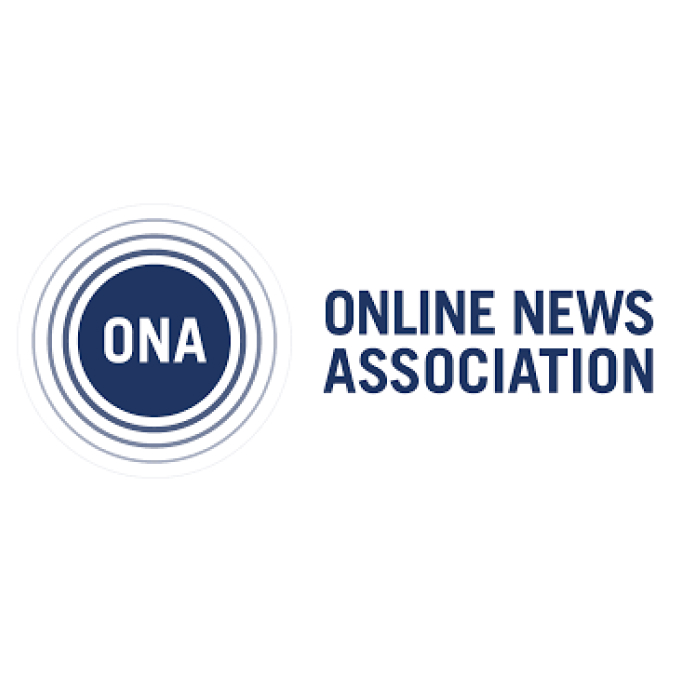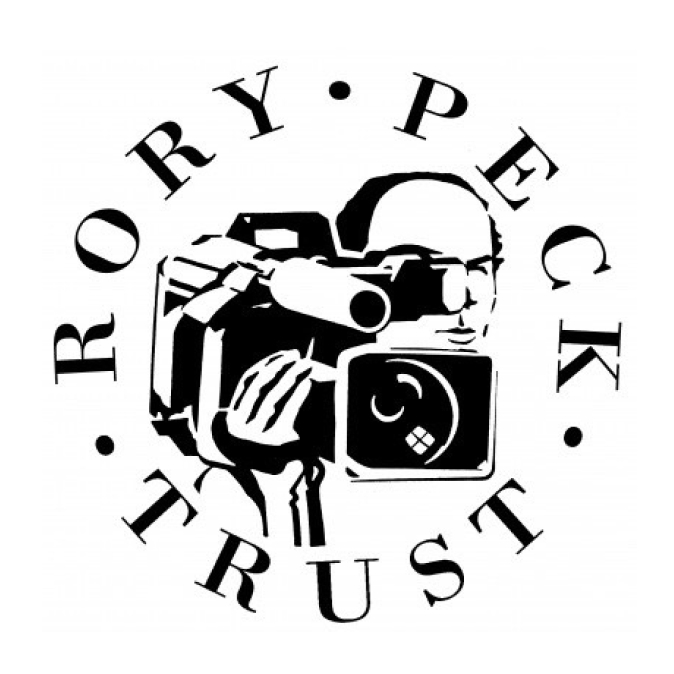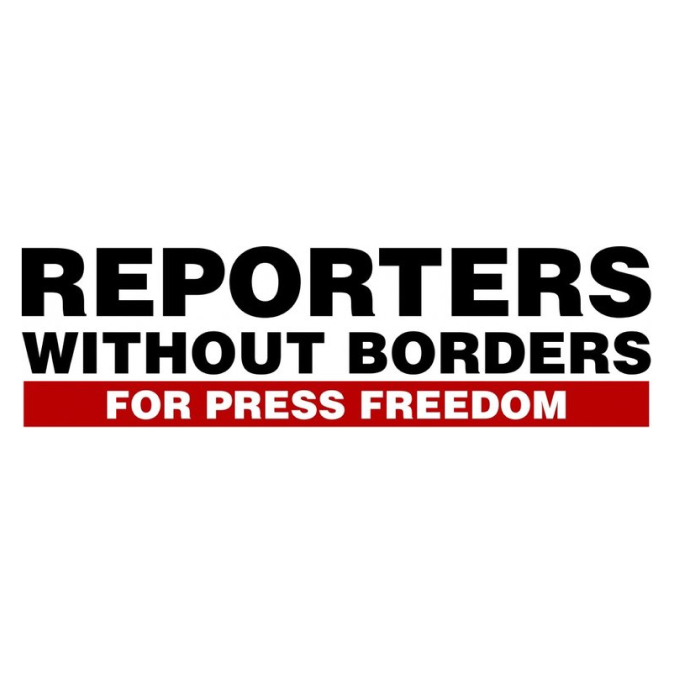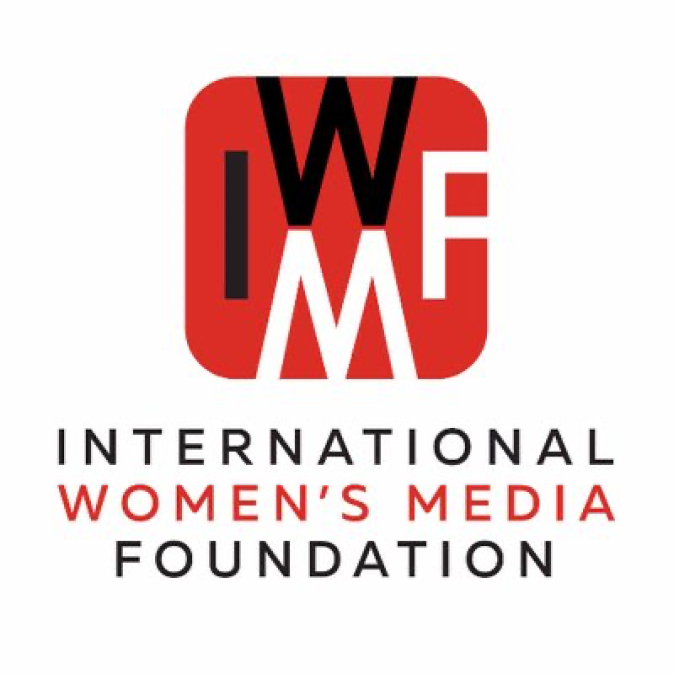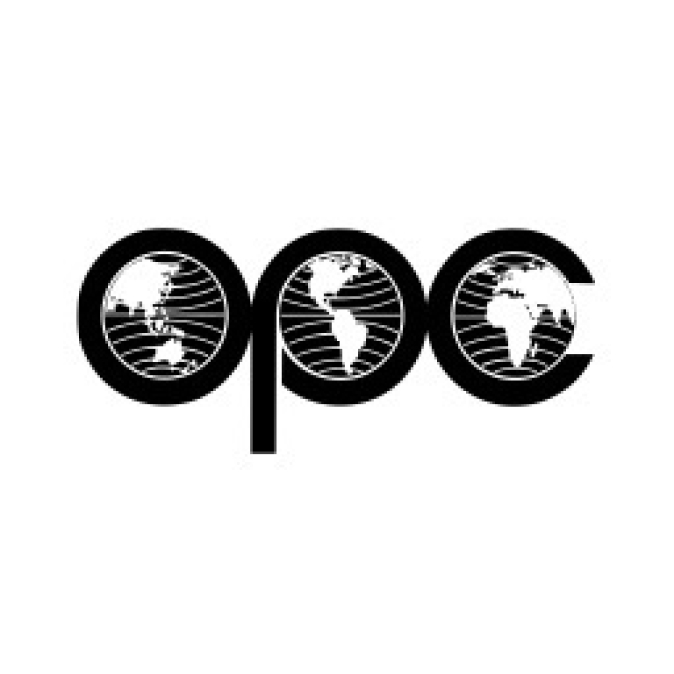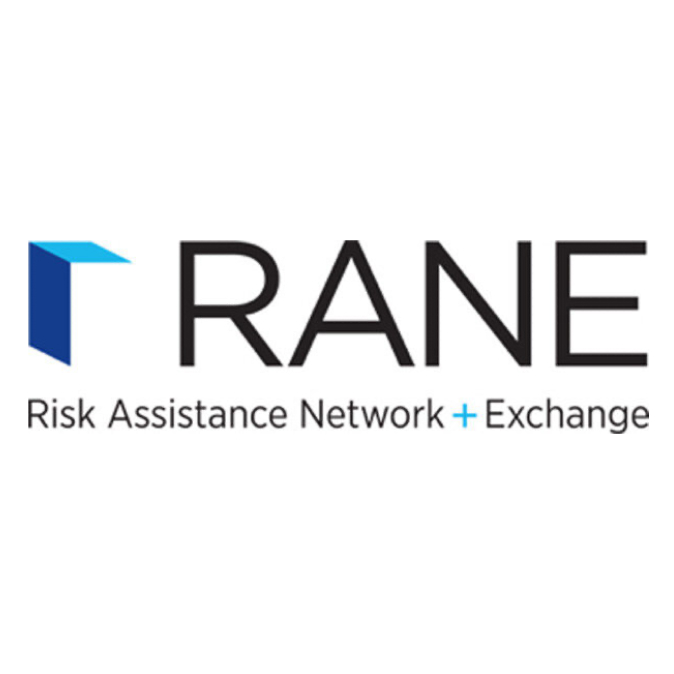Promoting Journalist Safety
Promoting Journalist Safety
The Foley Foundation has developed journalist safety curricula for both undergraduate and graduate schools in order to better prepare our future journalists for their profession.
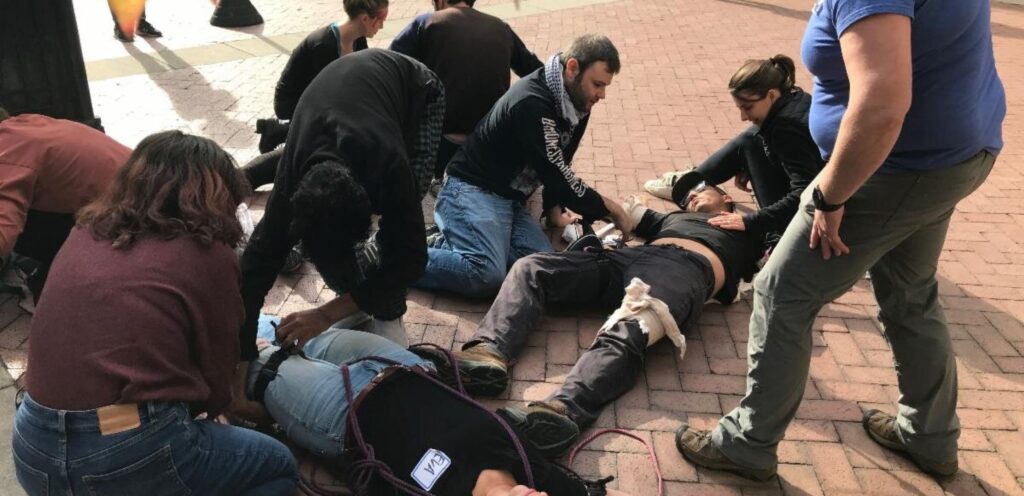
Overview
Our goal is to integrate these resources into journalism and communications programs across the country and make them available online for educators, students, freelance journalists and other organizations that may find them useful.
We are grateful to Ellen Shearer, professor Emeritus from the Northwestern University Medill School of Journalism, Reporters Without Borders, Committee to Protect Journalists and David Rohde for helping us develop our graduate level conflict journalist safety guide, “The James W. Foley Journalist Safety Guide”. Marquette University Diederich College of Communications faculty assisted Dr. Thomas Durkin in developing the undergraduate “James W. Foley Safety Modules”.
Jump to:
Safety Modules
The James W. Foley Journalism Safety Modules are intended to help educators at the undergraduate level create a culture that promotes safety for all journalism and communications students. In these 14 modules, students learn about completing risk assessments, responsibilities of newsroom managers, safety of female and minority journalists, covering civil unrest, emotional self-care, care of sources, interviewing hostile sources, understanding journalists’ rights, the importance of diversity in newsrooms, reporting on foreign conflicts, protecting digital data, dealing with online harassment, covering weather-related stories, reporting during the COVID-19 pandemic, specific risks of photojournalists and surviving hostage-taking or wrongful detention*.
Each module is designed to be incorporated into part of a class period, a full class period, or multiple class periods, depending on the needs of the instructor. Instructors may use all of the suggested readings and videos or tailor the offerings to fit their specific course needs. Modules do not have to be followed in any linear pattern; rather, instructors should incorporate modules into existing courses based on how they mesh with the content of their course.
Additionally, JWFLF developed a supplemental resources page for Lebanese universities implementing the James W. Foley Safety Modules into their journalism programs in the Fall 2023. These supplemental resources focus specifically on the MENA Region (Middle East and North Africa).
Downloads
Full Module
Supplemental resources – MENA Region
Arabic translated modules
Covering Elections Module
Safety Guide
Designed for graduate students of journalism with five in-depth seminars, The James W. Foley Journalist Safety Guide explores lessons from the HBOdocumentary film Jim: The James Foley Story, conducting risk assessments, case studies from journalists in the field, covering civil unrest, and digital safety.
Educators can download the full PDF version as well as individual seminars of the James W. Foley Journalist Safety Guide for planning purposes.
Downloads
Full guide
Seminar 1: Lessons from “Jim: The James Foley Story”
Seminar 2: How to Conduct Risk Assessments & What New Journalists Should Consider
Seminar 3: Case Studies from Journalists
Seminar 4: Risks to Consider in Covering Domestic Civil Unrest
Seminar 5: Digital Security
Risk Assessment
Risk assessment sheets help journalists and newsroom managers identify risks and plan accordingly.
Downloads
Download Risk Assessment for Journalist — Modified from Rory Peck Trust
Download Risk Assessment for Newsroom Mangers — Modified from Rory Peck Trust with input from Mark Zoromski, Director of Student Media, Marquette University
Curriculum Task Force
The Journalist Safety Curriculum Task Force, composed of media industry security experts, academics teaching journalist safety courses, and mental health experts, advises the Foley Foundation in support of the James W. Foley Journalism Safety Curricula for college and university journalism schools.
The task force ensures that the Foley Foundation’s journalist safety curriculum keeps pace with the changing risks and challenges facing journalists, domestically and abroad. The goal is to prepare aspiring journalists to better understand potential safety concerns to minimize and mitigate risk.
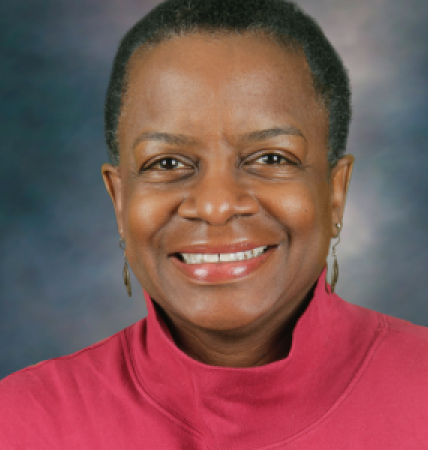
Kathleen McElroy
Professor and Frank A. Bennack Chair in Journalism at the Moody College of Communication, University of Texas at Austin
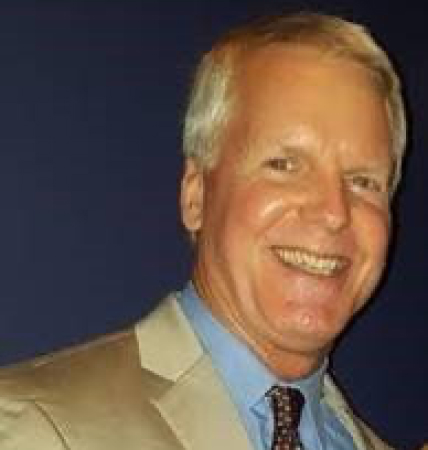
Eric Phillips
Program Manager, Office of Language Programming at Voice of America
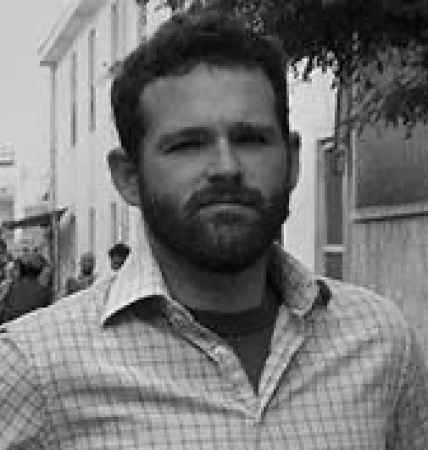
Nathan Puffer
Senior Vice President, Risk and Resilience at Dow Jones
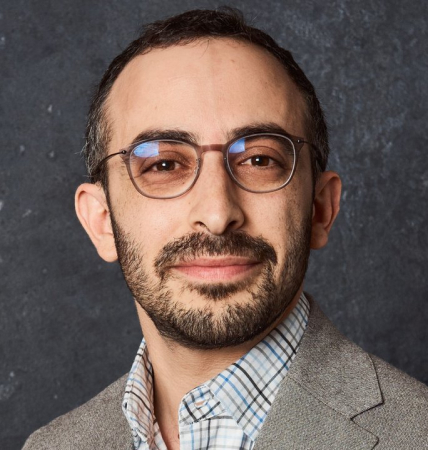
Jason Reich
Vice President of Safety and Security at The New York Times

Hannah Storm
Founder and Co-director of Headlines Network, and former Director of the International News Safety Institute
Resources
Please find below a list of trusted resources for freelance journalists, instructors, and students. We would like to acknowledge and thank the following organizations for their efforts to keep journalists safe, especially during the COVID-19 Pandemic:
Organizations
Partners
Enhancing journalist safety magnified through the power of partnerships. From universities, philanthropists, and corporate partners who value a free press, we can all secure our liberties. Donate today!
